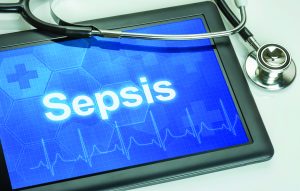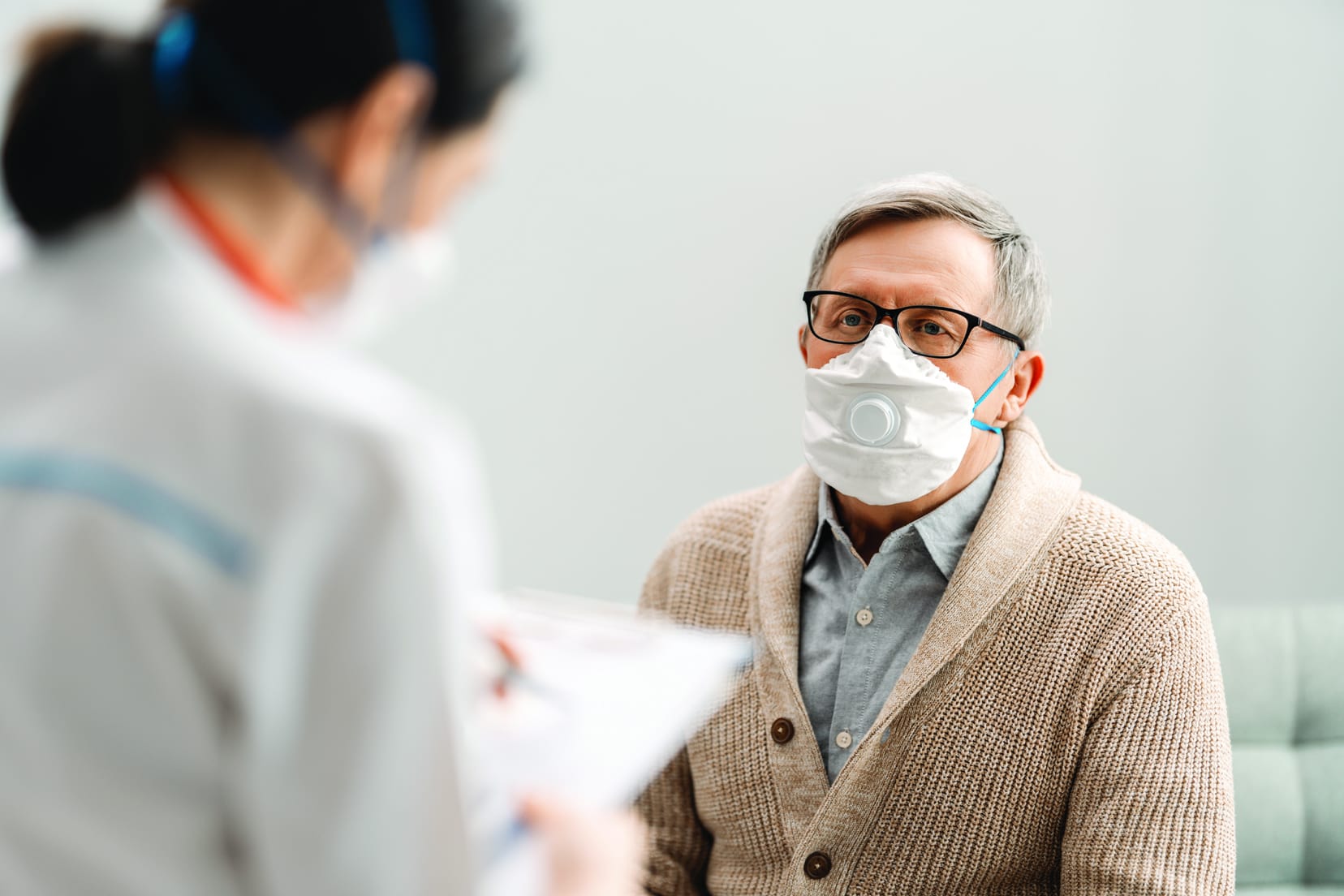The New York State Office for the Aging (NYSOFA) urges caregivers and older New Yorkers, particularly those with chronic health conditions and/ or a weakened or impaired immune system, to learn to recognize the early warning signs of sepsis, to get immediate treatment, and to learn how to prevent infections that could lead to sepsis. Sepsis is a very serious illness for people of all ages, but it can be particularly devastating, even deadly, for older adults—even more so now because of the COVID-19 pandemic.
“Staying healthy during this pandemic is critical, particularly for older adults, who are at greater risk for COVID-19,” said NYSOFA Acting Director Greg Olsen. “Sepsis can come on quickly and can be fatal. Simple precautions, like frequent handwashing and getting recommended vaccinations can prevent the underlying illnesses that often lead to sepsis. If an infection does set in, it must be treated as quickly and effectively as possible.”
Sepsis is a progressive shutdown of the body’s organs and systems caused by systemic inflammation following an infection that enters the blood or soft tissue. Those who don’t die often experience life-altering consequences like missing limbs or organ dysfunction. Studies have shown that early detection combined with appropriate interventions can significantly improve the chances of survival.

Sepsis is a public health crisis. It is a condition that ends up killing more people than cancer and occurs more commonly than a heart attack. In the United States, someone dies from sepsis every two minutes, and someone is hospitalized due to sepsis every 20 seconds. Approximately 50,000 people in New York are diagnosed with severe sepsis or septic shock each year; of those, 30% of adults and 9% of children die in the hospital from sepsis. It is the leading cause of hospital readmissions and the top cost for avoidable hospitalizations in New York. More than 80% of sepsis cases begin outside of the hospital. Home care patients are at particular risk for sepsis, as the condition can of-ten go unnoticed until it becomes life-threatening.
Under Governor Cuomo’s leadership, New York became the first state in the nation to enact sepsis regulations. New York is also the first state to publish hospital specific sepsis data in public reports.
People aged 65 years and older make up almost 65% of sepsis cases in hospitals. Statistics indicate that older severe sepsis survivors were three times more likely to suffer a mental decline, making it impossible for them to return to their previous living arrangements, and often resulting in admission into a long-term health care facility. The risk of dying from severe sepsis or septic shock also increases with age.
Prevention and early recognition of the warning signs of sepsis are critical.
Key to preventing sepsis is preventing an infection from occurring in the first place. Proper and frequent hand washing decreases the risk of getting an infection. In addition, many illnesses can be prevented through regular vaccinations, such as flu or pneumonia shots. If an infection does set in, it must be taken seriously and treated immediately.
Death from sepsis increases 8% every hour that treatment is delayed. As many as 80% of sepsis deaths may be prevented with rapid diagnosis and treatment.
Signs of sepsis among adults include:
• Change in body temperature, either a fever (above 101.3 degrees F) or a lower than normal temperature (below 95 degrees F)
• Rapid heart rate (above 90 beats per minute)
• Rapid breathing (above 20 breaths per minute)
• Shaking
• Confusion, which may be more common among older people
• Sepsis can move into severe sepsis quickly, so getting help and treatment as quickly as possible is vital
For more information, please visit the New York State Department of Health or www.sepsis.org.
New York State Office for the Aging and Health Across All Policies/Age-Friendly New York
The New York State Office for the Aging (NYSOFA) continuously works to help the state’s 4.3 million older adults be as independent as possible for as long as possible through advocacy, development and delivery of person-centered, consumer-oriented, and cost-effective policies, programs, and services that support and empower older adults and their families, in partnership with the network of public and private organizations that serve them.
New York is nationally recognized for being the first age-friendly state in the nation. Using the state’s Prevention Agenda as the overarching framework, in 2017, Governor Andrew M. Cuomo launched a Health Across All Policies approach, where public and private partners work together to positively impact population health by marrying health care, preventive health, and community design, in concert with addressing social determinants of health, to improve the lives of all New Yorkers, young and old.
Stay connected — download the NYSOFA mobile app for iOS or Android; visit the NYSOFA Facebook page; follow @NYSAGING on Twitter and NYSAging on Instagram; or visit aging.ny.gov.



